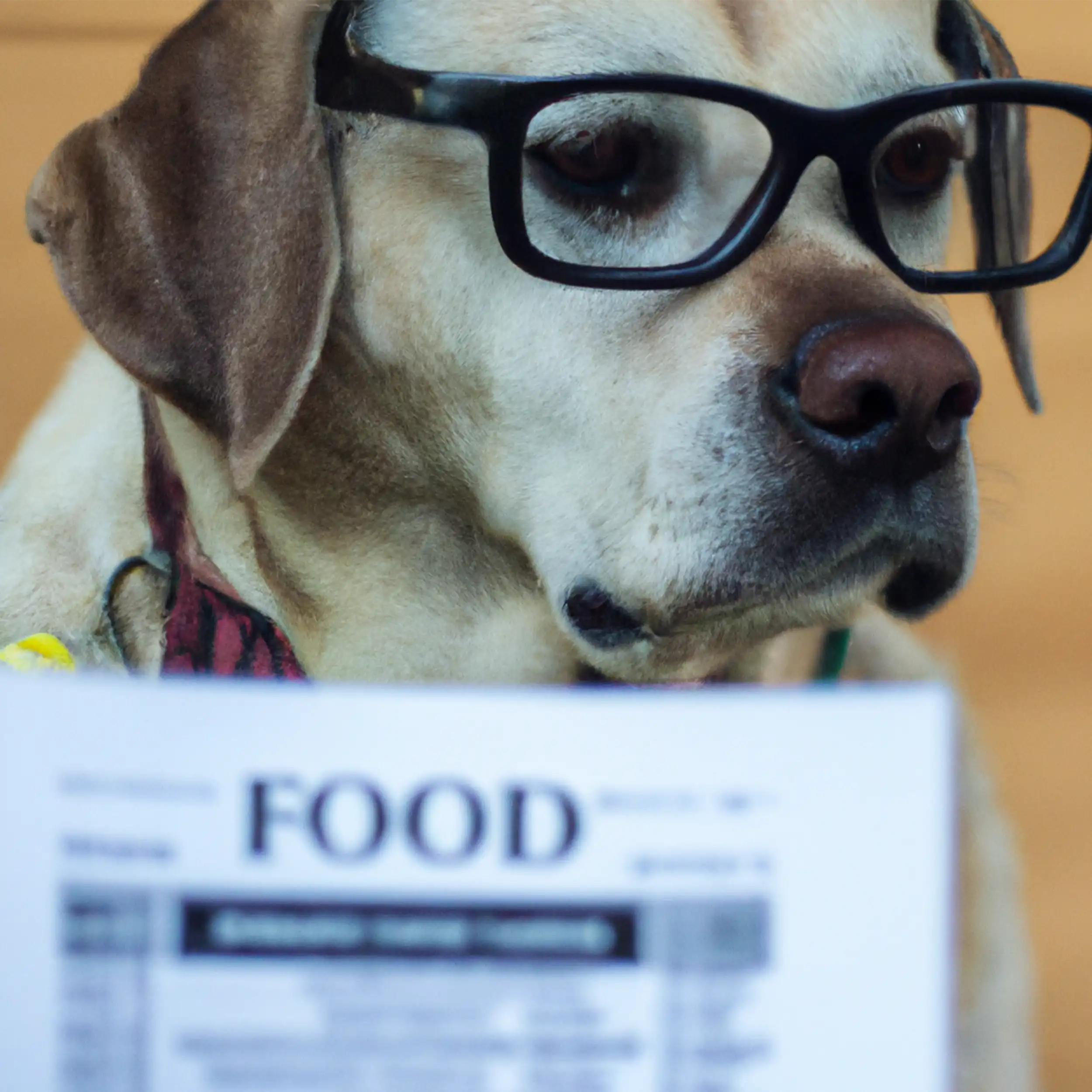
How To Read And Understand Dog Food Labels
Reading and understanding dog food labels can be confusing, especially with so many brands and options available on the market. However, knowing how to decipher the information on the label is crucial in ensuring that your furry friend is getting the best possible nutrition. In this blog post, we will explore how to read and understand dog food labels.

The Ingredient List
The ingredient list is perhaps the most important part of a dog food label. It lists all the ingredients used in the food, starting with the largest amount first. Look for whole meat sources, such as chicken, beef, or fish, as the first ingredients. Avoid foods that use meat by-products or fillers like corn, wheat, or soy.
Guaranteed Analysis
The guaranteed analysis is a mandatory part of a dog food label and lists the minimum or maximum amount of protein, fat, fiber, and moisture in the food. It is usually presented as a percentage and can help you compare different dog foods. Look for foods with high protein and fat levels, as well as low levels of fiber and moisture.

Nutritional Adequacy Statement
The nutritional adequacy statement tells you if the food meets the nutritional requirements set by the Association of American Feed Control Officials (AAFCO). Look for foods that have been tested and found to meet AAFCO standards for the life stage of your dog, such as puppy, adult, or senior.
Feeding Guidelines
The feeding guidelines provide recommendations on how much food to feed your dog based on their weight and activity level. However, these guidelines should only be used as a starting point, as each dog is unique and may require more or less food than recommended.

Additional Information
Some dog food labels may include additional information, such as the company's philosophy or a list of added supplements. While this information can be helpful, it is not a guarantee of the food's quality or nutritional value.




Leave a comment
This site is protected by hCaptcha and the hCaptcha Privacy Policy and Terms of Service apply.